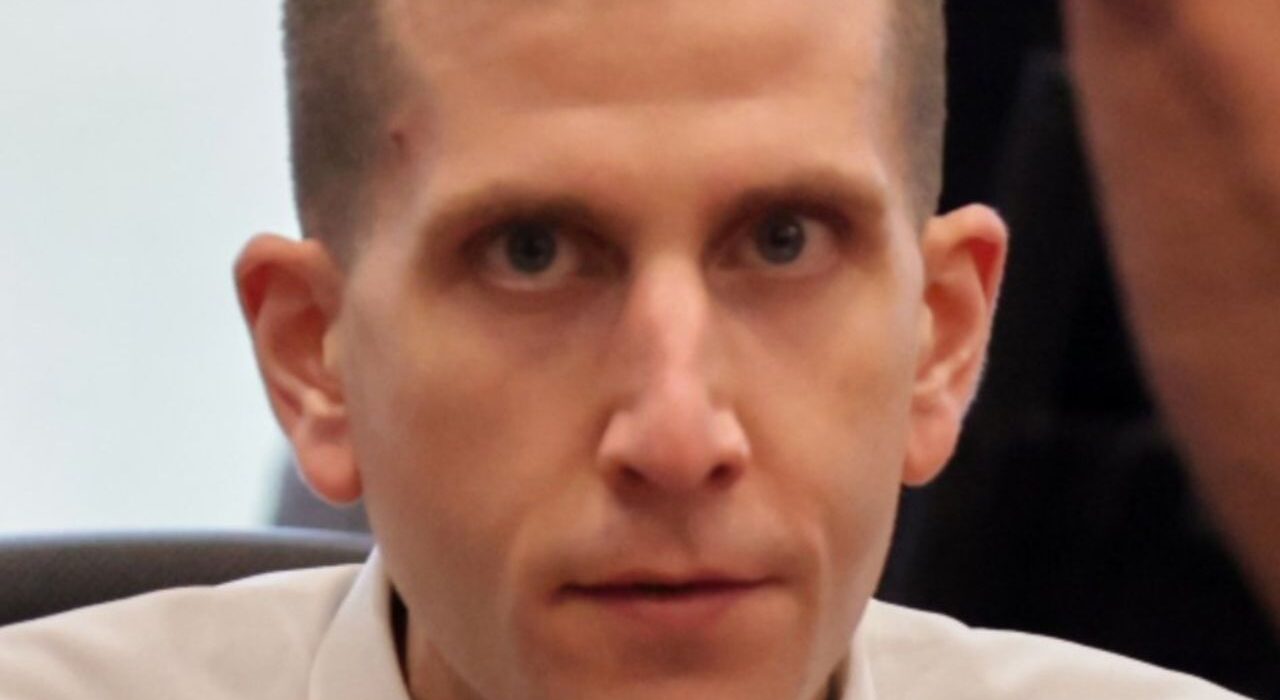New York: On July 2, 2025, Bryan Kohberger—charged in the Idaho college murders—formally pleaded guilty to the fatal stabbings of four students in Moscow, Idaho. During the surprise hearing, Kohberger admitted responsibility but offered no motive, and prosecutors confirmed no clear “why” was provided. The plea deal spares him the death penalty in exchange for four consecutive life sentences without parole.
The decision follows nearly three years of intense investigation into the killings of Kaylee Goncalves, Madison Mogen, Xana Kernodle, and Ethan Chapin at their off-campus residence on November 13, 2022. Although DNA, cellphone data, surveillance footage, and genetic genealogy tied Kohberger to the scene, the motive remained unclear before he entered his plea. Legal experts note that plea agreements typically sidestep motive disclosure.
Local community members in Moscow expressed mixed emotions after the plea deal. Some found relief that a formal admission of guilt brought closure, while others, including victims’ families, expressed frustration that they would never hear Kohberger explain “why”. The court’s acceptance of the plea means no full trial, and the public could remain in the dark regarding key details.

Also Read: Diddy Verdict: Acquitted of Sex Trafficking, Found Guilty of Prostitution Charges
What We Know (and Don’t Know)
No Motive Revealed
Kohberger offered no statement of intent during the plea. Prosecutors and the court confirmed that the “why” is still unknown—plea deals typically don’t require motive, meaning the brutal reasons behind the murders may never be publicly disclosed.
Evidence That Connected Kohberger
Investigators pieced together a strong case: DNA from a knife sheath found at the scene matched Kohberger, surveillance video showed his vehicle near the house multiple times, and cellphone tower logs placed him in Moscow that night. The breakthrough came after a Texas lab (Othram) developed a genetic genealogy profile from trace DNA.
Community Reaction
Residents and family members remain divided. Some see the plea as a path to quicker resolution; others worry that critical questions—like motive—will remain unanswered. Many are disappointed, fearing the lack of a public trial means the truth may stay hidden.
Why Motive Might Stay Hidden
Legal specialists emphasize that plea agreements don’t force defendants to explain motive. In this high-profile case, the lack of motive compounds the pain: families hoped a trial might shed light on why Kohberger committed such a violent act. Instead, the emotional closure remains incomplete.
What Happens Next?
- Kohberger is set to receive four life sentences without parole later this summer.
- With no appeal rights waived, civil suits or separate hearings could emerge.
The University of Idaho and local community continue to hold healing efforts, including scholarships and memorials for the victims.







